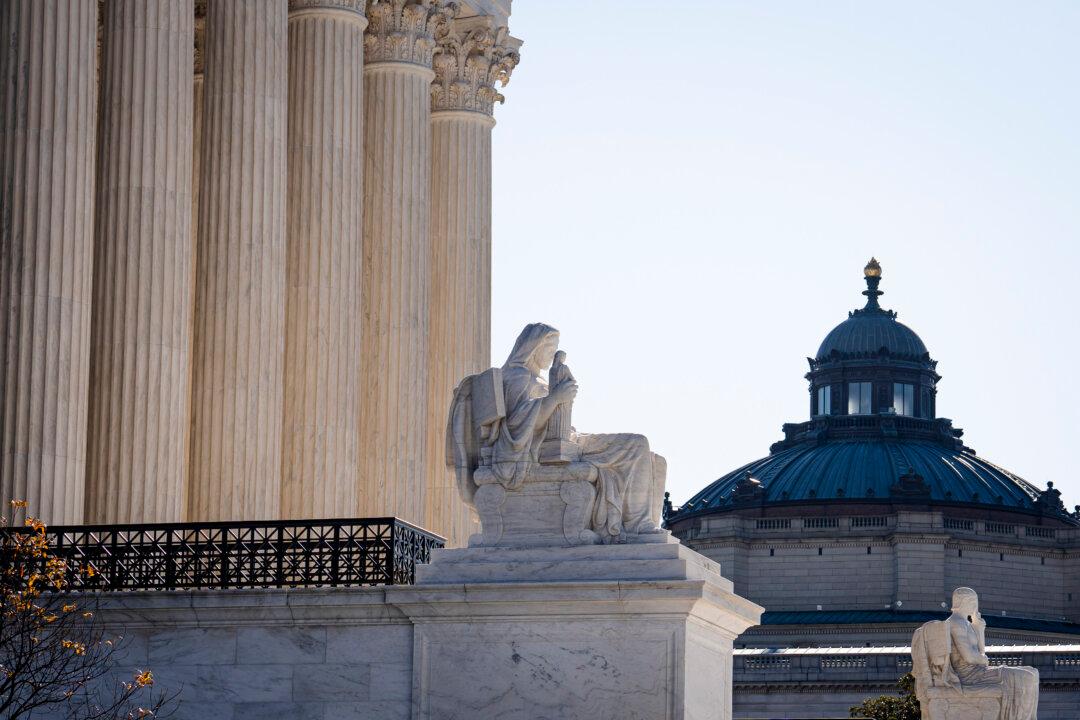The Supreme Court this week heard arguments over a lower court’s ruling that a corporation’s affiliates should be held financially liable in a long-running trademark infringement dispute.
The oral hearing in Dewberry Group Inc. v. Dewberry Engineers Inc. took place on Dec. 11.





